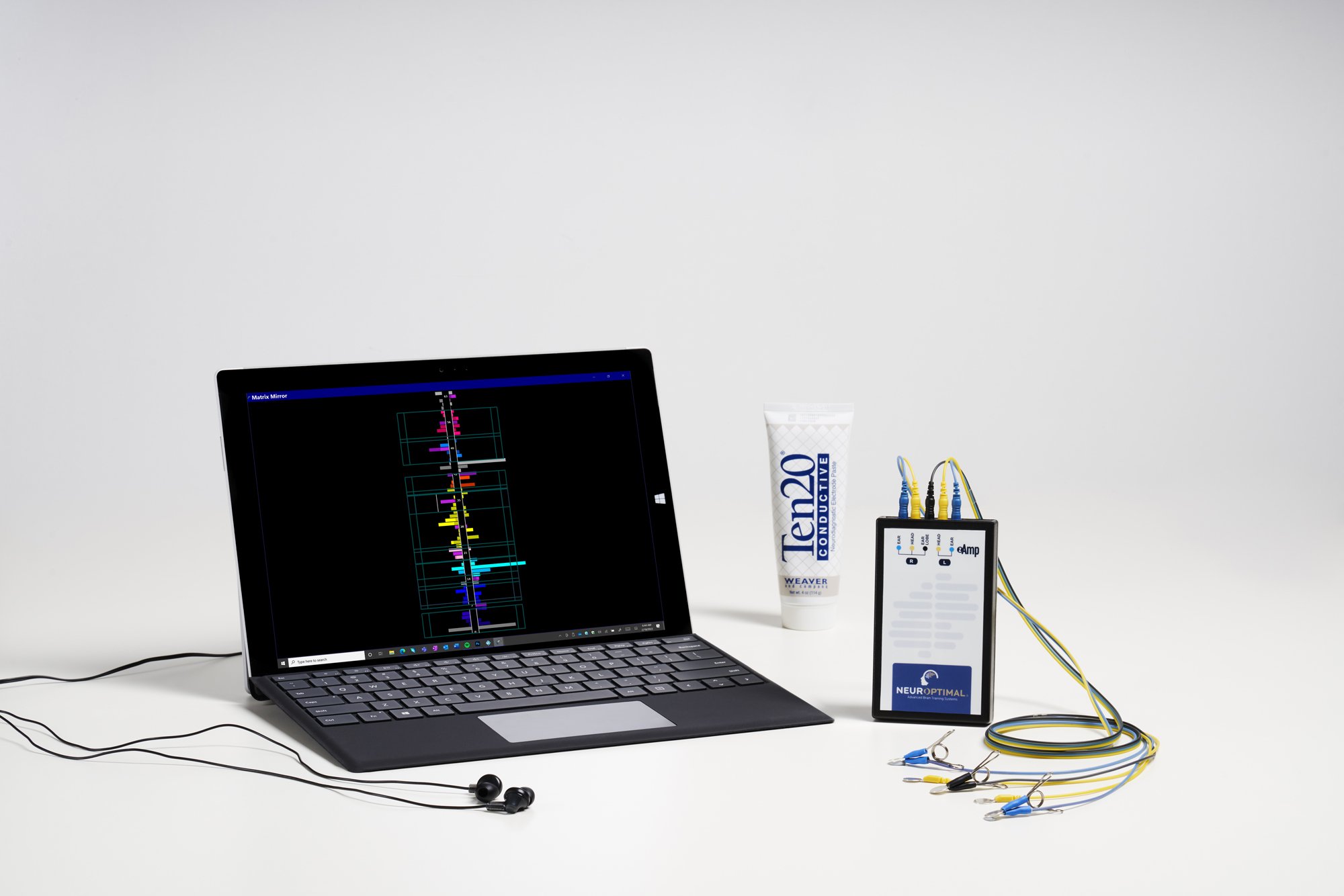Revealing the Secrets of the Mind Through Quantitative EEG Cerebral Mapping in Psychological Health Assessment
Understanding the human mind is a complex task, particularly when it comes to psychological health. Conventional approaches of evaluation frequently rely on interviews and questionnaires, which can occasionally overlook important aspects about how the mind operates. This is where quantitative electroencephalography, or qEEG, comes into play. qEEG is a specialized technique that measures electrical activity in the cerebrum. By examining these neural patterns, psychological health experts can obtain important insights into a person's mental state, helping to improve assessment and intervention.qEEG works by applying small sensors on the scalp to capture brain activity. These electrodes detect neural impulses produced by neurons, the units in the brain that communicate with each other. The information gathered is then processed and presented as a series of waveforms. Each type of brainwave—such as α, beta, delta, and θ—corresponds to different mental states and activities. For example, α oscillations are commonly associated with relaxation, while β oscillations are associated to engaged thinking and problem-solving. By analyzing these trends, healthcare providers can identify irregularities that may suggest psychological health concerns.

One of the significant benefits of qEEG is its capability to provide objective information. In contrast to traditional assessments that depend on subjective reports from patients, qEEG provides a clear picture of brain activity. This clarity can assist reduce biases in assessment and lead to more accurate treatment plans. For example, if a client is facing anxiety, qEEG can reveal specific more trends of brain activity that are linked with anxiety disorders. This data enables mental health professionals to customize treatments more efficiently, whether it be through therapy, medication, or other approaches.
Additionally, qEEG can be particularly beneficial in tracking treatment progress. By conducting qEEG assessments at various stages during treatment, clinicians can monitor changes in brain function over period. This ongoing evaluation assists determine whether a intervention is working or if modifications are required. For instance, if a patient is not responding to a specific treatment, qEEG may indicate that their neural function has not changed in a manner that suggests progress. This response cycle can lead to more customized and efficient psychological health treatment.
In summary, qEEG cerebral mapping is a powerful tool in the field of mental health assessment. By offering unbiased information about brain activity, it enhances the understanding of different mental health conditions. This technique not only assists in accurate assessment but also assists in tracking intervention success. As psychological health experts continue to explore the capabilities of qEEG, it possesses potential for enhancing the well-being of people dealing with psychological health challenges. With ongoing research and advancements in techniques, the mysteries of the brain may turn more apparent, resulting to better outcomes for those in need of support.